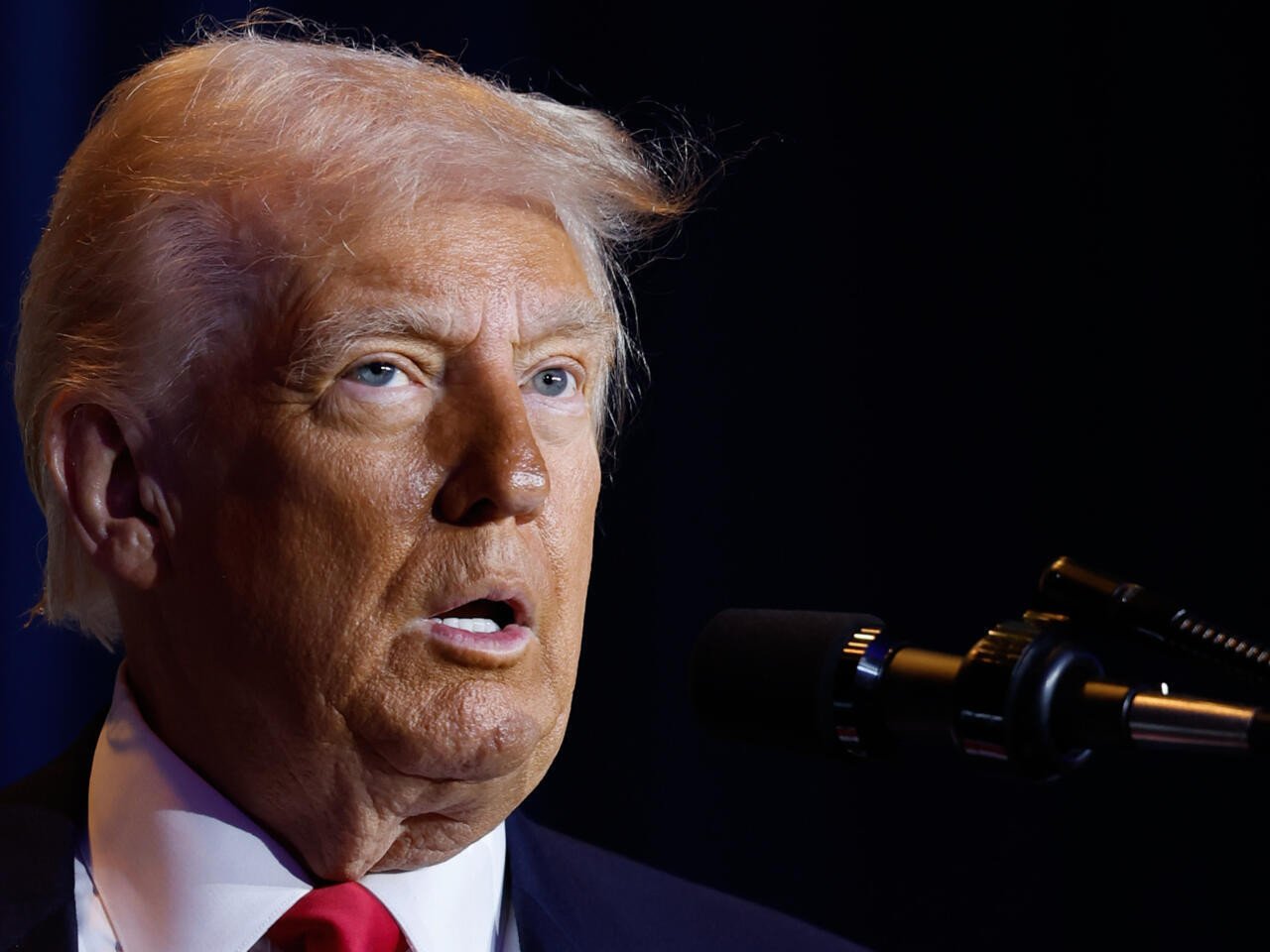
The United States Supreme Court has temporarily blocked President Donald Trump’s decision to dismiss Hampton Dellinger, the head of an independent agency responsible for investigating whistleblower complaints.
This ruling ensures that Dellinger will remain in office at least until February 26, when a lower court hearing will further examine the matter.
Dellinger, appointed by former President Joe Biden in 2024 for a five-year term as head of the Office of Special Counsel (OSC), was dismissed via email by White House officials shortly after Trump returned to power.
The Office of Special Counsel is tasked with investigating whistleblower claims within the federal government and ensuring protection for employees who report misconduct.
This case is the first legal challenge to reach the Supreme Court following Trump’s return to office. Meanwhile, several lawsuits related to his executive orders, immigration policies, and government dismissals are pending in lower courts.
Supreme Court’s Ruling
The Supreme Court's decision did not resolve the case but placed a temporary hold on Dellinger’s dismissal while legal proceedings continue.
The ruling was not unanimous, with four justices—two conservatives and two liberals—dissenting. Conservative Justices Neil Gorsuch and Samuel Alito argued that the lower court overstepped its authority in temporarily reinstating Dellinger, while liberal Justices Sonia Sotomayor and Ketanji Brown Jackson opposed the government’s appeal but did not elaborate on their reasoning.
Legal experts believe the court’s reluctance to make a definitive ruling at this stage is an attempt to avoid setting a precedent that could lead to a surge of emergency legal challenges against temporary restraining orders in other cases.
Broader Implications
The dispute raises fundamental questions about Trump’s ability to remove officials from independent agencies that are granted a degree of autonomy by Congress.
Under current laws, the head of the Office of Special Counsel can only be removed by the president for inefficiency, neglect of duty, or misconduct. However, Dellinger’s dismissal email from the White House did not cite any of these reasons.
Observers suggest that the outcome of this case could have significant implications for Trump’s control over independent agencies, including regulatory bodies such as the Federal Trade Commission and the Federal Reserve.
A group of legal scholars has warned that a ruling in Trump’s favor could allow the president to dismiss Federal Reserve officials and replace them with individuals who align with his economic policies.
Dellinger welcomed the temporary ruling, stating, “I am glad to be able to continue my work as an independent government watchdog and whistleblower advocate while the courts determine whether my office can retain a measure of independence from political influence.”
The legal battle is expected to continue in the coming weeks, with potential long-term consequences for the balance of power between the executive branch and independentg overnment agencies.



1719211536-0/BeFunky-collage-(81)1719211536-0-165x106.webp)






















COMMENTS
Comments are moderated and generally will be posted if they are on-topic and not abusive.
For more information, please see our Comments FAQ